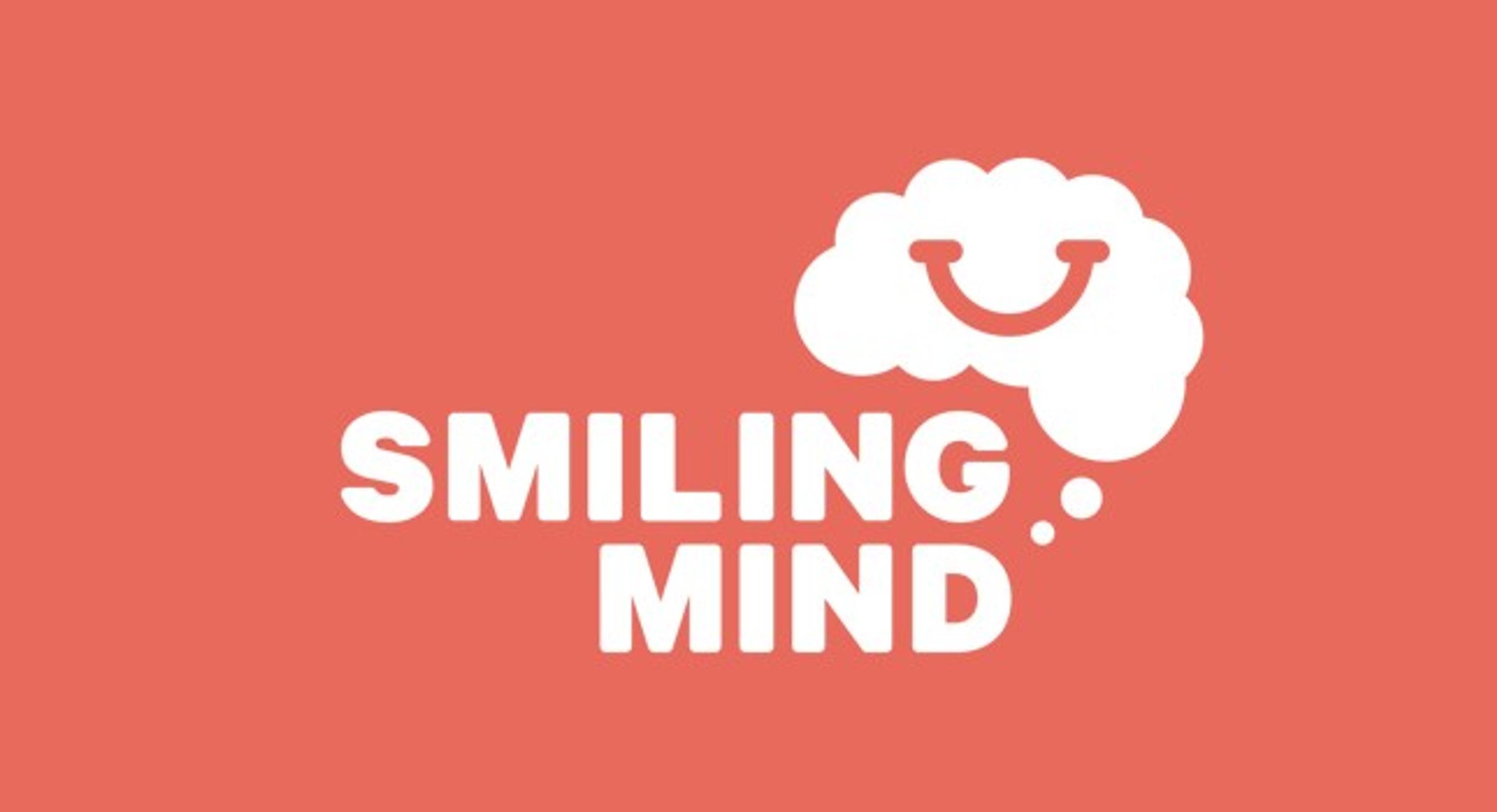Wellness

I am very happy to be asked to contribute to the Boarding Buzz. In this edition I will explain some of the science and lifestyle reasons underpinning the decision for boarders to download and use two fantastic apps: Smiling Mind and Breathe (from ReachOut).
Smiling Mind is 100% not for profit and has many programmes suitable for people of any age/background/workplace/group. It recommends ten minute practice on a daily basis at a fairly consistent time of your choice of the many available activities, all easily accessible in the free app. Breathe offers a handy before and after heart rate checker – as well as a neat calming intervention/exercise which can be accessed as often as needed.
Here is a snapshot of the mental health of our students and educators (from the Smiling Mind website):
- One in three young Australians are experiencing high or very high levels of psychological distress. Triple the number since 2007.
- One in four secondary students are experiencing mental health problems.
- One in seven primary students are experiencing mental health problems.
- One in five students are disengaged and on average these students are one-two years behind their peers academically.
- One in four students are bullied.
- Boys are three and a half times more likely to commit violence towards women if bullied at school.
- Youth suicide rates are at a ten year high.
- Teacher and Principal burnout is at an all time high.
Current research tells us that one of the most predictive indicators of adult wellbeing is the ability to manage our emotions so that we can make considered responses; some professionals who work in this space (eg Susan David, Russ Harris) use the terms psychological flexibility or emotional agility to describe this skill. One of the best foundations for emotional agility is to firstly be aware of our mental state, to notice our feelings, bodily sensations and any thoughts associated, and then to make considered responses/behaviours. When we are in distress or feeling too much stress, we are not able to self-regulate and may act in ways that are not appropriate. Having too much of the stress chemical cortisol coursing around our bodies impacts our sleep, our focus, our ability to calm, to problem solve, and to make rational considered responses. And, the more we continue to act out in anger, or anxiety, or confusion, or sadness, the more our brain learns these reactions which become automatic. Over time, we can develop chronic inflammation and our immune systems may be compromised. So, science is now confidently positing that both our mental and physical health can be adversely affected if we do not have agency over our emotions and behaviours.
So, how to achieve greater control and set up for future wellbeing?
We need to practise regularly and even at random times during the day – some grounding or anchoring exercises, which, over time and with practice, will help us access calming neurochemicals and create new neural pathways as we gain greater control over our responses to triggers or distress initiators in our lives.
This is by no means a method of ridding ourselves of uncomfortable emotions (to be human is to experience a gamut of emotions) or promoting that we must be positive all the time. Rather, developing our noticing and responding skills is key to creating new neural pathways, and ways of responding to the numerous activators we encounter every day in our world.
The boarding house leaders and carers are keen for our GSG boarding community to adopt both of these apps and to practise using them. Smiling Mind App, Smiling Mind is a true treasure trove replete with easy, accessible and fun exercises and the Breathe, ReachOut Breathe Bing video, provides a neat way to manage our breathing and anxious feelings by measuring our heart rate (before), offering a brief exercise and then again measuring heart rate (after – when the number usually would reduce).
How Mindfulness Helps to Develop Foundational Skills (from Smiling Mind Website)
According to a meta-analysis of more than 70 studies comparing more that 6000 school ages young people, those who practised mindfulness showed:
- Better Emotion and Behaviour Regulation – than 62% of those who didn’t practise mindfulness
- Better Academic Performance – than 66% of those who didn’t practise mindfulness
- Lower Depression and Anxiety Scores – than 66% of those who didn’t practise mindfulness
- Better Social Skills – than 64% of those who didn’t practise mindfulness
How Mindfulness Improves Students’ Ability to Learn
- It improves attention – students are more capable of taking in new information without being distracted by internal reactions or preconceived perspectives
- It improves working memory, cognitive flexibility, reasoning, goal directed behaviour and self-regulation, essential skills when it comes to learning new information
- It reduces emotional reactivity, behavioural issues, anxiety and depression. This means students have fewer potential obstacles standing in the way of their learning.
For more information on the efficacy and easy accessibility of Smiling Mind please go to The Science - Smiling Mind for a four minute film which explains some of the science of Smiling Mind. It only takes ten minutes per day to make that difference in your world.
Ms Sheryl Moncur | Counsellor


